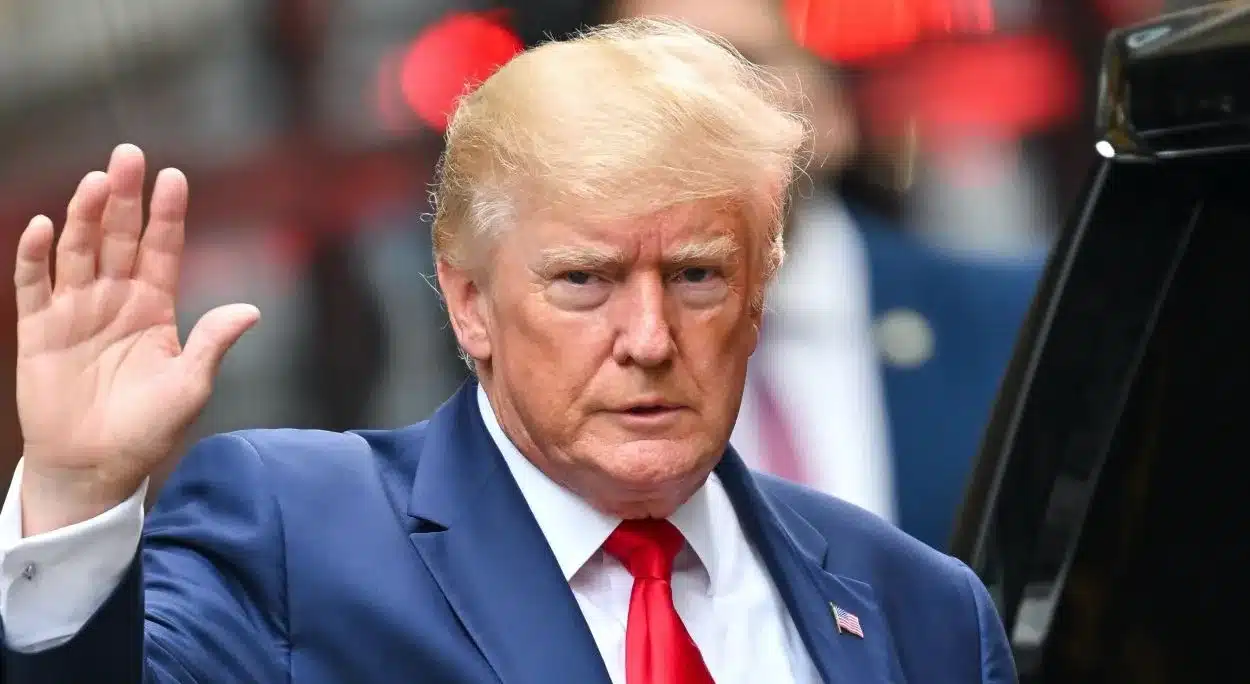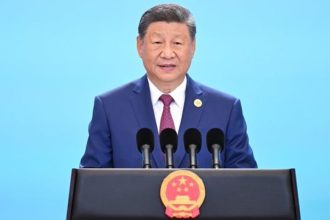Former US President Donald Trump is facing serious legal accusations, including 37 criminal charges, 31 of which pertain to the Espionage Act due to the alleged unlawful retention of sensitive national defense records.
The Espionage Act, originating from the World War I era, holds individuals accountable for mishandling government records with national defense implications.
Defending Against Espionage Accusations
Despite the intensity of these charges, Trump’s defense team is firm in arguing against his classification as a spy, given the absence of evidence to support such claims. Notable Republicans such as Senator Lindsey Graham and Senator Marco Rubio have supported this stance.
Trump’s legal team argues that he held the authority to disclose or declassify the documents as president. However, this claim currently lacks supporting evidence. The crux of the case lies in proving that a reasonable person should have been aware of the sensitivity of the information rather than demonstrating that Trump was aware of its classified status.
Further Legal Accusations and Implications
Adding to the gravity of the situation, the indictment also implicates Trump in obstructing justice, conspiracy, concealment, and making false statements. It suggests that Trump sought to persuade his attorney to lie about the records to the government and even proposed their destruction or concealment.
Read: Ex-President Trump Arrested, Pleads Not Guilty to Federal Charges
While these Espionage Act charges carry significant implications, it’s important to clarify that they don’t insinuate traditional espionage or spying for a foreign power on Trump’s part. Rather, the focus is on his alleged inappropriate handling of sensitive national defense data.
The unfolding legal process will clarify whether Trump’s actions violate the Espionage Act and whether his defense’s arguments regarding declassification carry validity. This case’s outcome promises to influence the understanding and execution of national security laws significantly.






